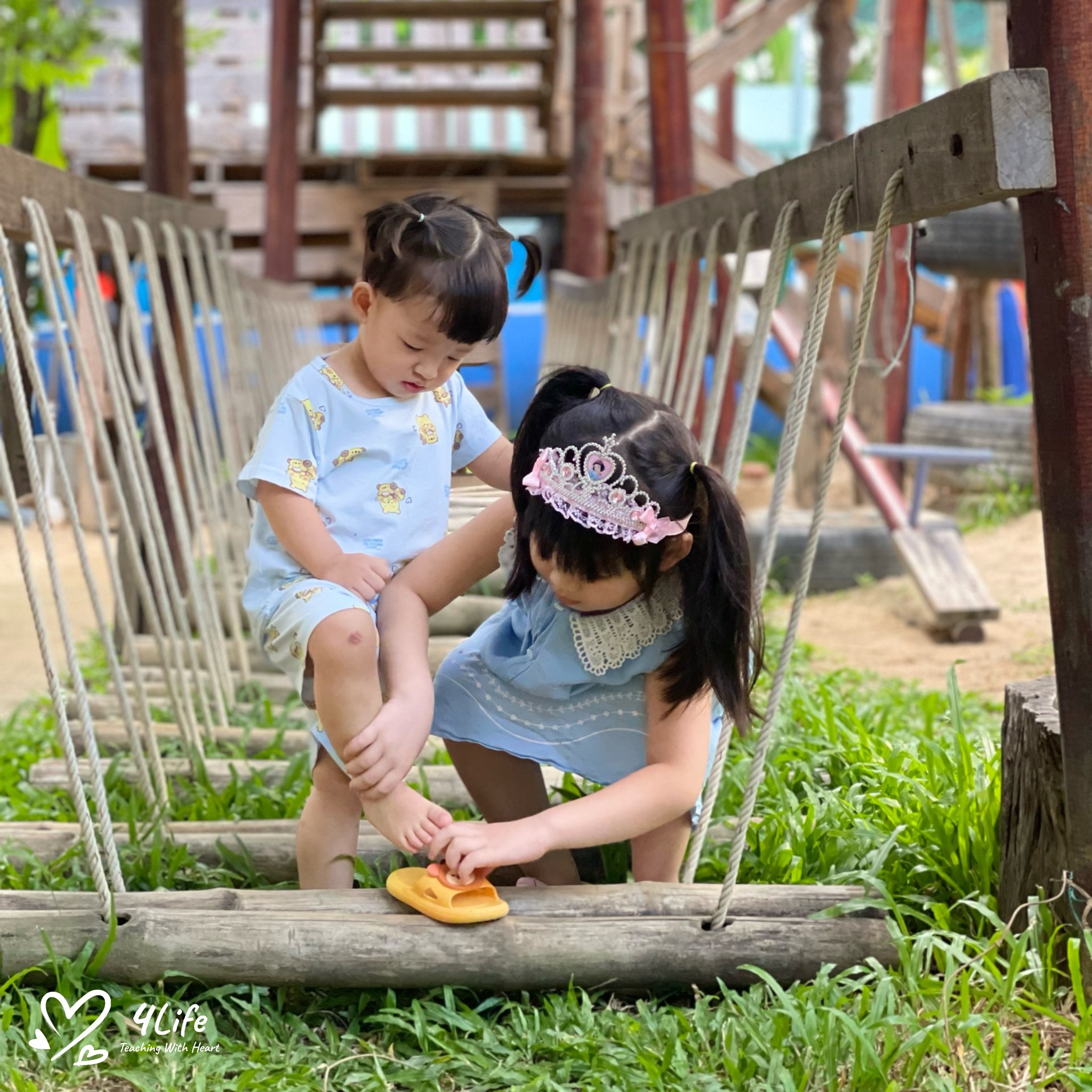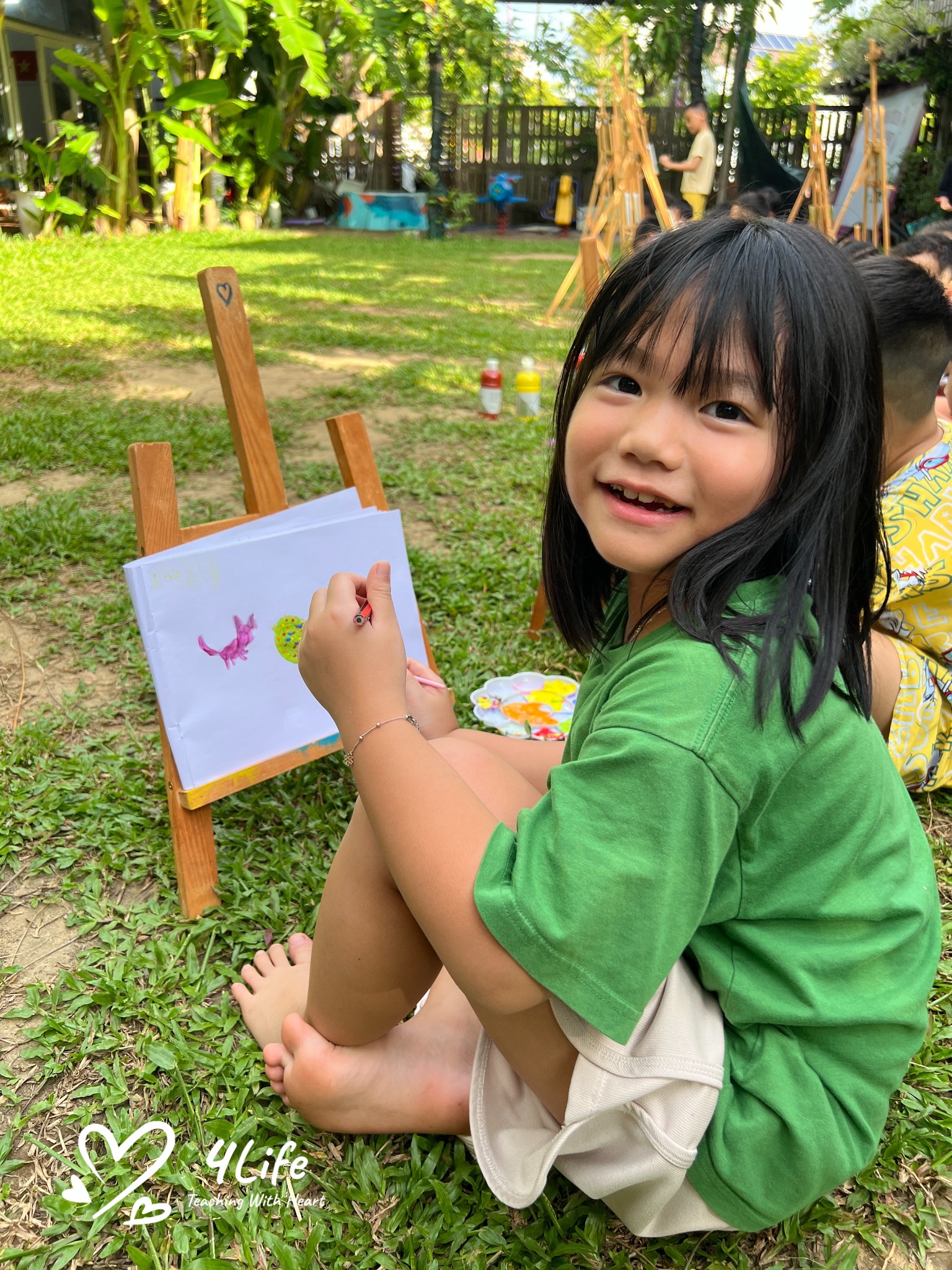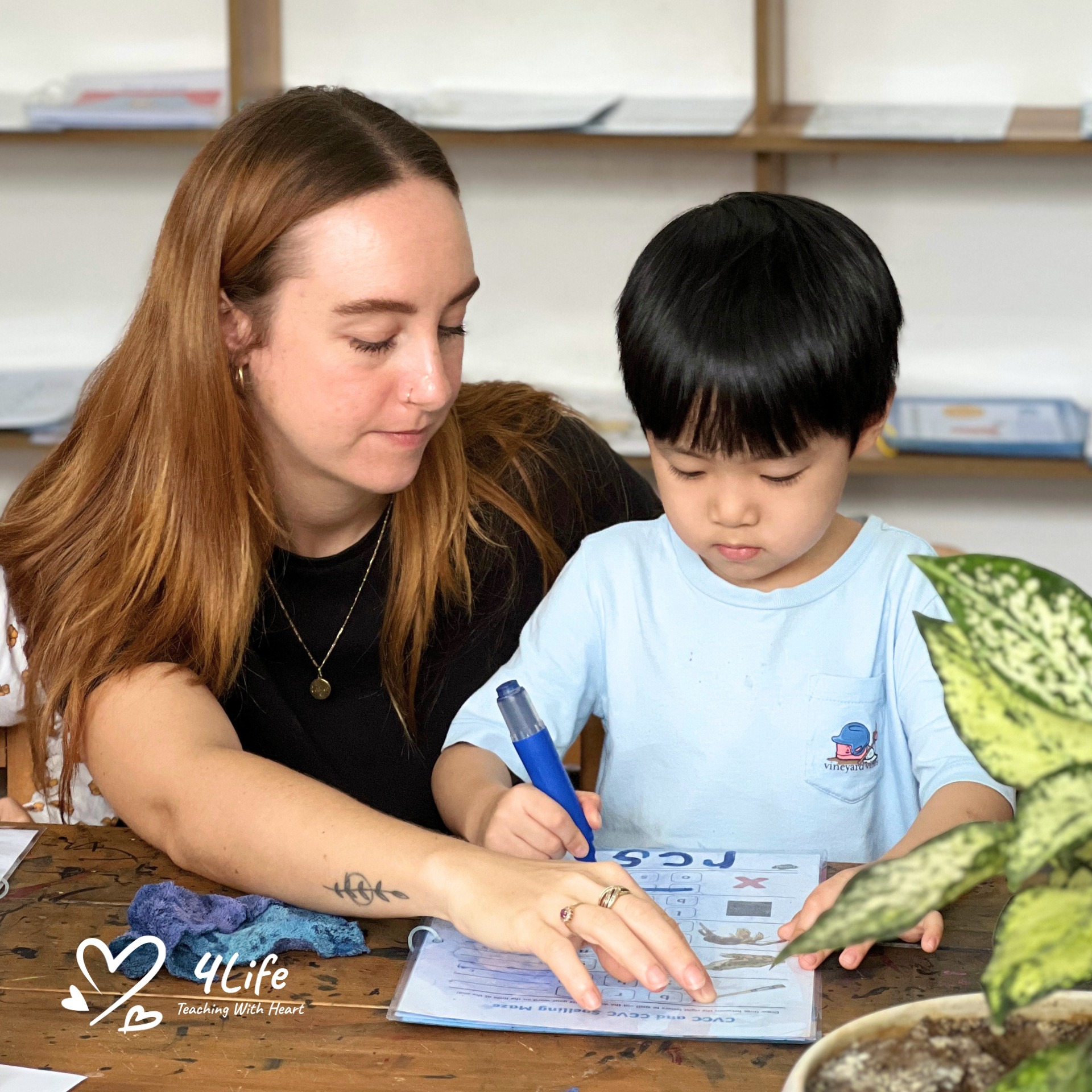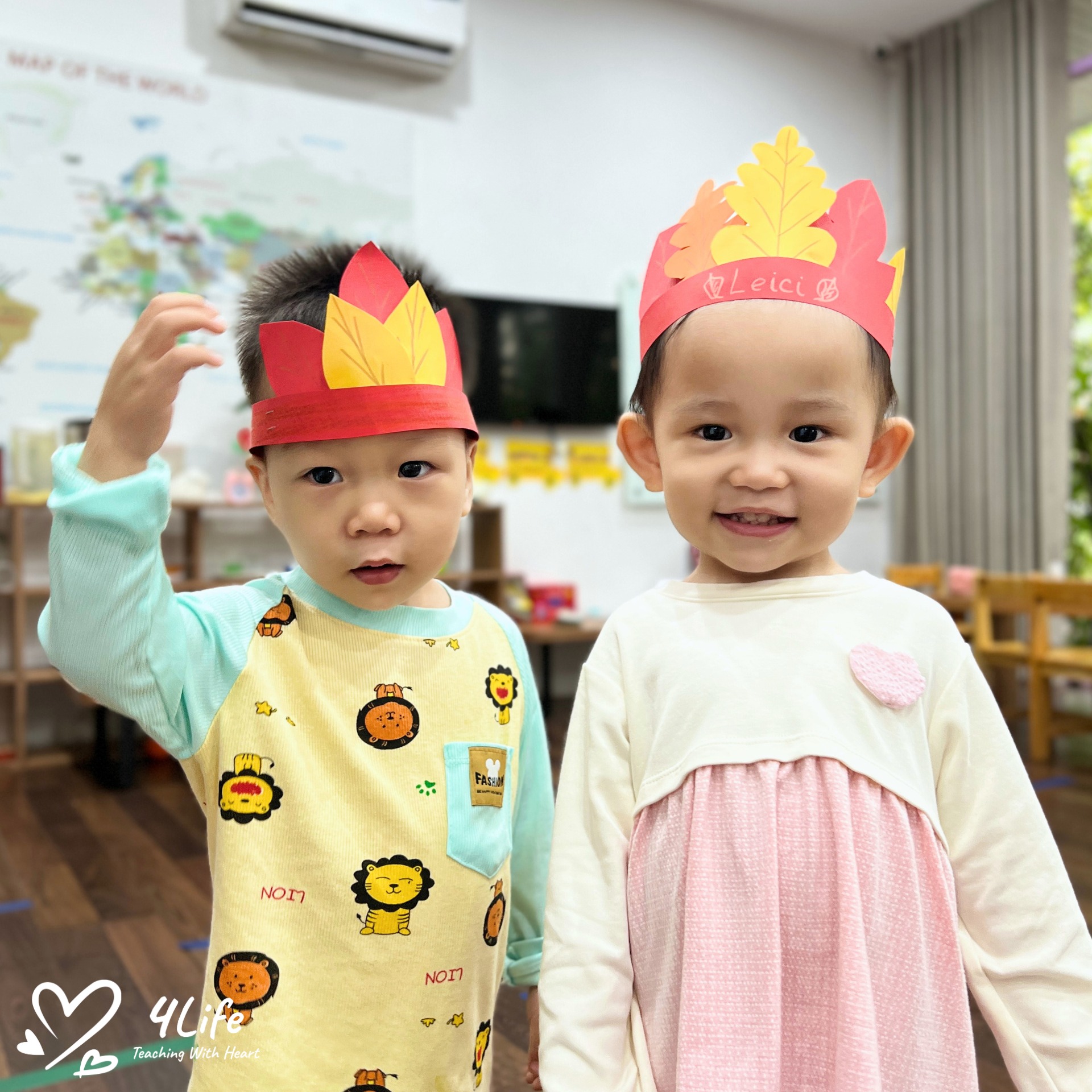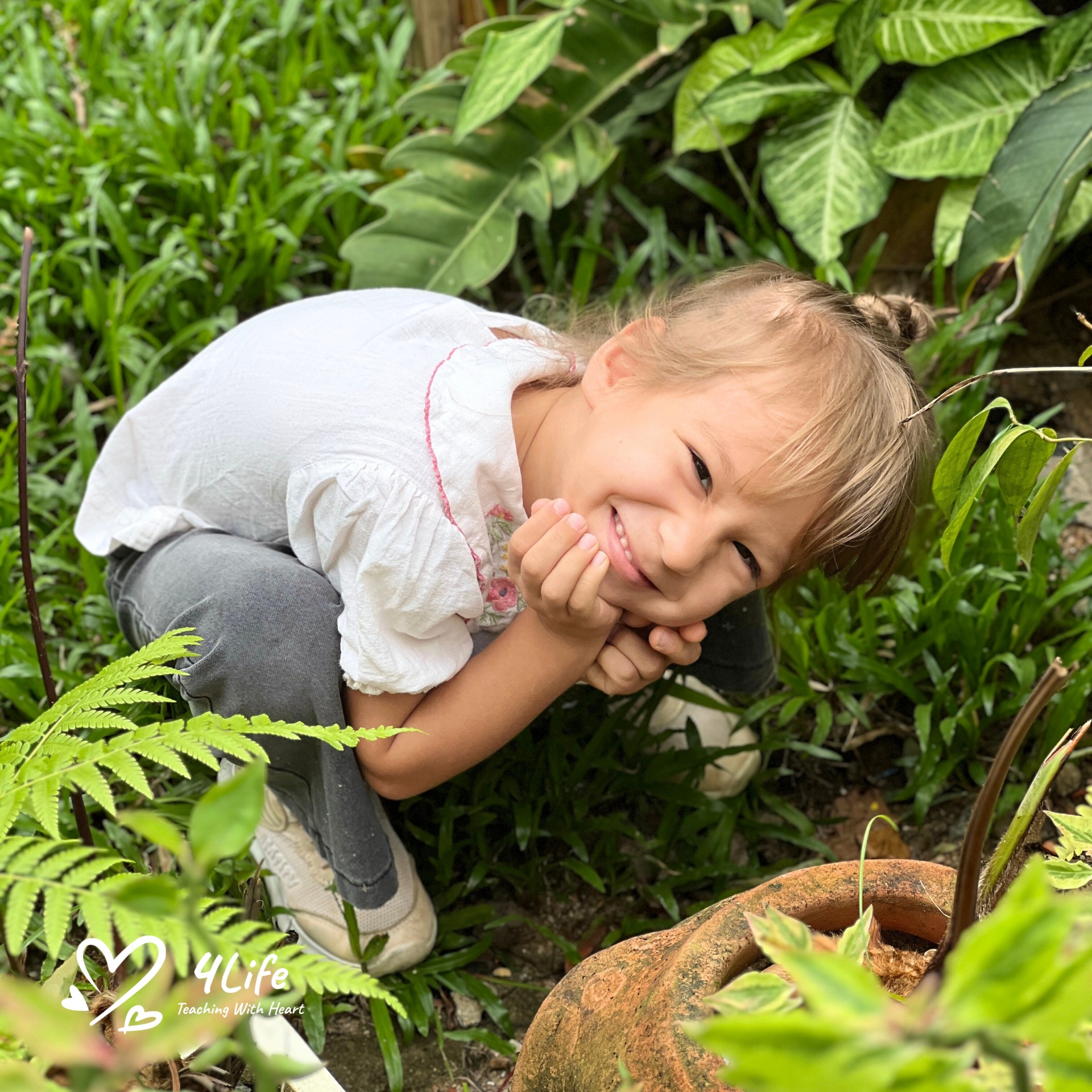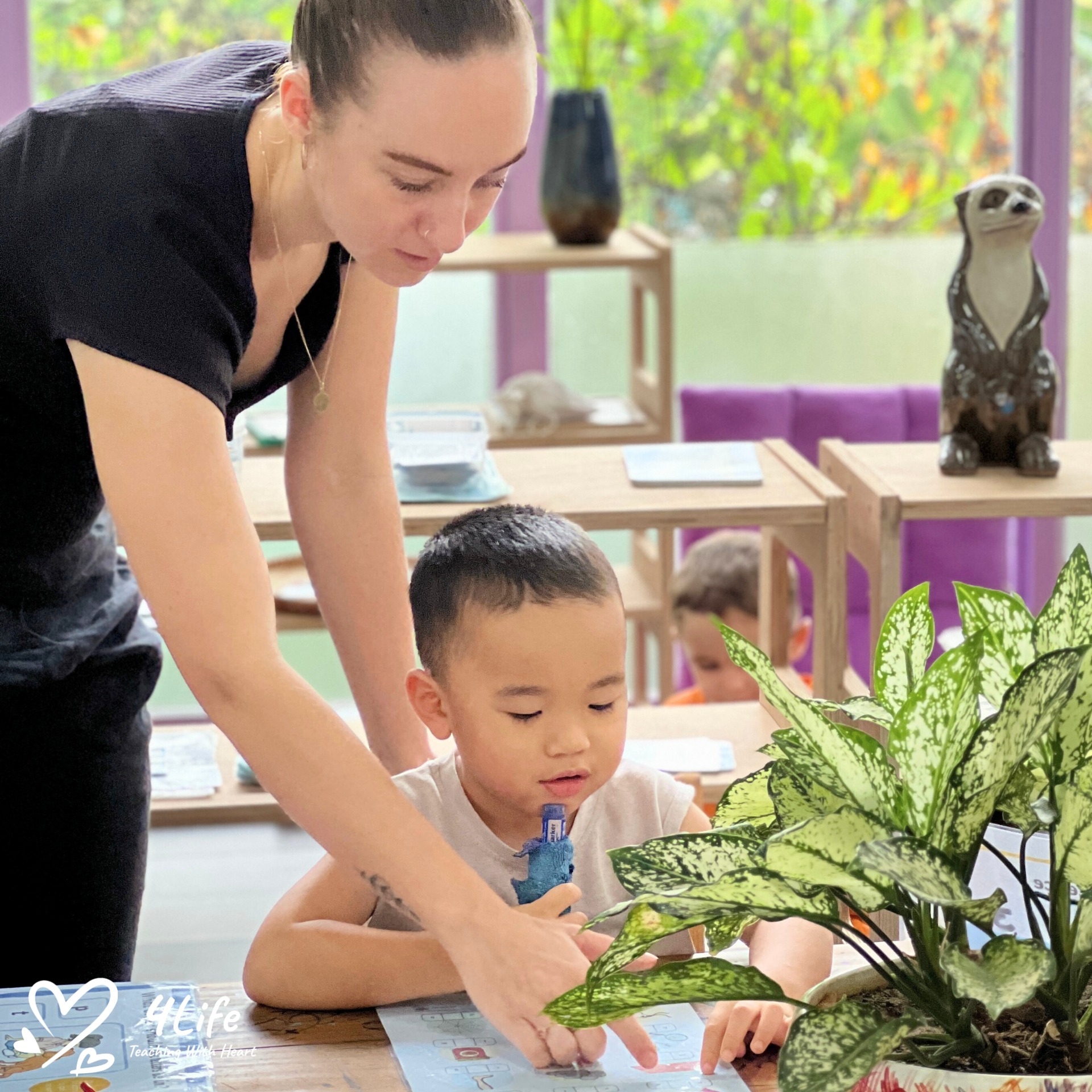4Life Elementary
Inquiry Learning Through Integration
4Life’s child-centered approach to teaching young children, an approach that respects their inherent curiosity by devoting learning time to inquiry experiences and an approach that replaces rigidly divided subject matter with cross-curricular study.
Learning through inquiry begins from birth, as infants explore their environment and interact with the people in it. During their early years, children absorb more information than at any other time in their development. They learn by continually asking questions and observing using all their senses, while also being guided and inspired by adults.
Children are naturally curious about the world around them. By offering them opportunities to explore and inquire, their interest is usually piqued. It’s important to note that the world around us doesn’t neatly fit into subject categories like math, science, or social studies. Instead, it often integrates various aspects of subject matter. This suggests that for young children, and even for many older ones and adults, the most effective approach to successful learning involves using inquiry within an integrated curriculum.
When children are given meaningful opportunities to follow their curiosity, ask questions, and gain a deep understanding of a topic, it’s referred to as investigative learning, inquiry-based learning, or simply inquiry learning.
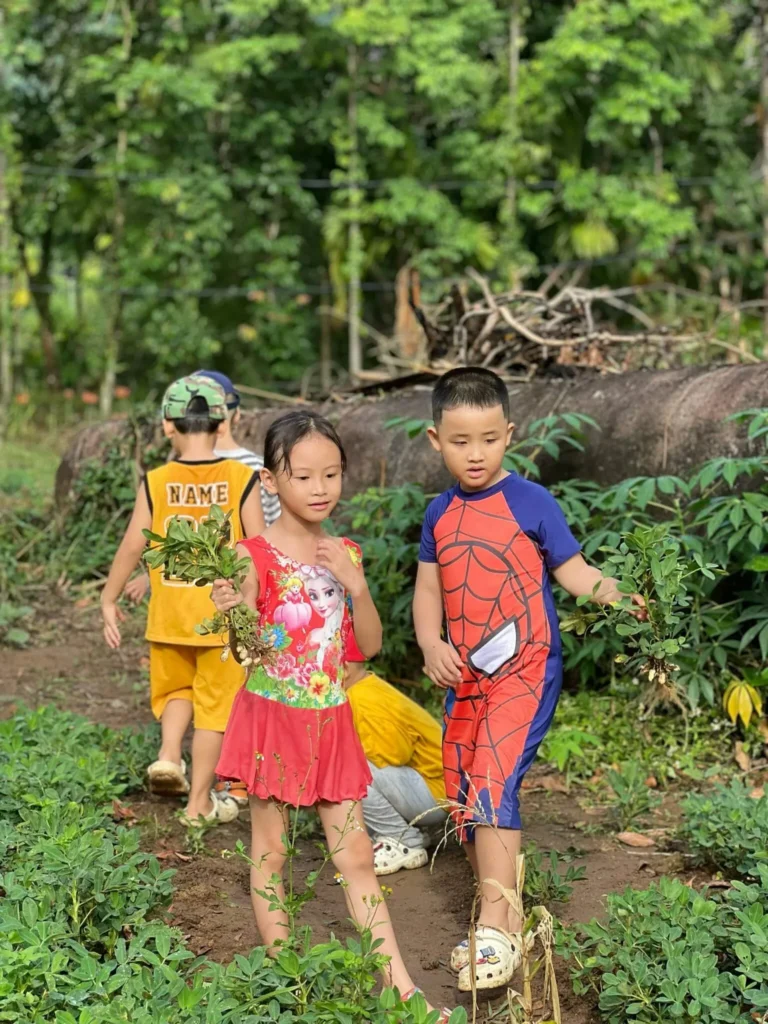
“The object of education is to prepare the young to educate themselves throughout their lives.” – Robert Maynard Hutchins
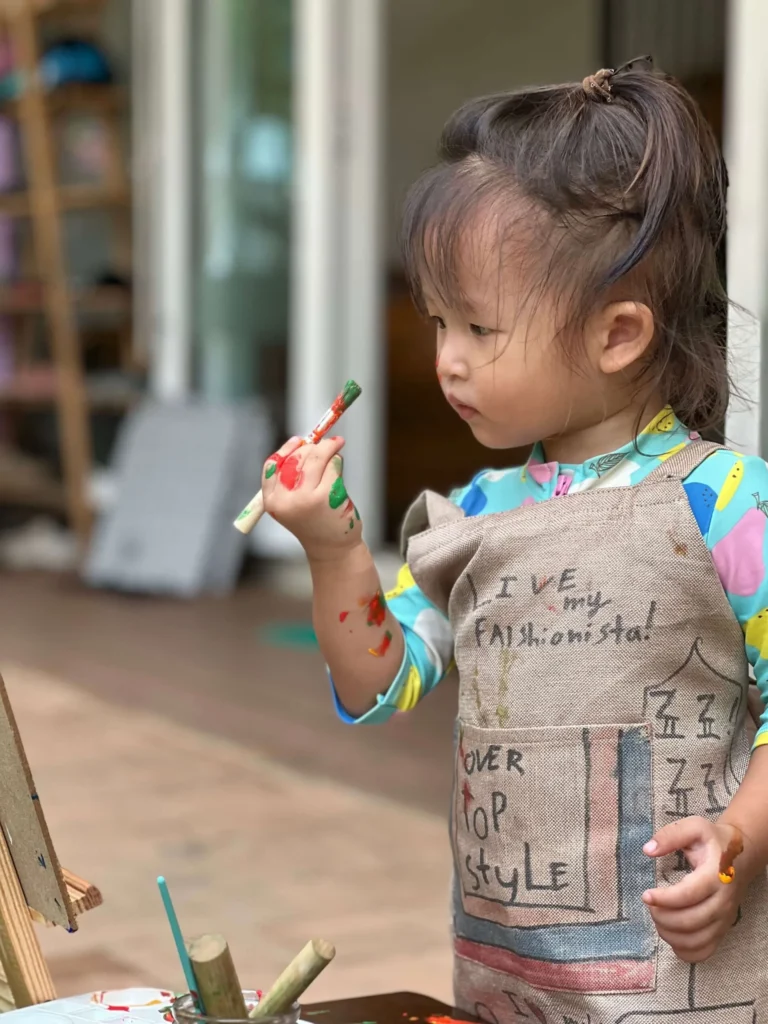
The Child centered learning environment
Just as we remember, however vaguely, the people and environments of our early school experiences, so too will the children that we ourselves teach. And with good reason. The environment and the people working within it provide a powerful infl uence on how children feel about learning, on how well they learn, and on what they learn.
Caring, civic-minded classrooms, developed on a foundation of physical and emotional security, provide the optimal framework to promote the integration of the curriculum through child-directed, inquiry-based learning. It is challenging for our teachers to make time and give the effort needed to establish the rich, stimulating, and safe physical and social-emotional environments needed to enhance children’s capacity for learning, as well as to foster harmonious social growth. But we rise to that challenge as we seek ways to be supportive of each of their young charges and prepare the learning environment to nurture the strengths that each child brings to the class.
We are skilled in the teaching and modelling of behaviours and expectations that promote feelings of belonging, usefulness, and respect in order to set the stage needed to create an environment that provides security for every child. A blanket of security helps children gain independence, independence that will gradually mature into interdependence. A blanket of security supports and encourages young investigators as they explore their great world.
In 4Life, we are “taking a village to raise a child” all over side: indoor and outdoor environments, social-emotional environments, proactive and predictable classroom management.



